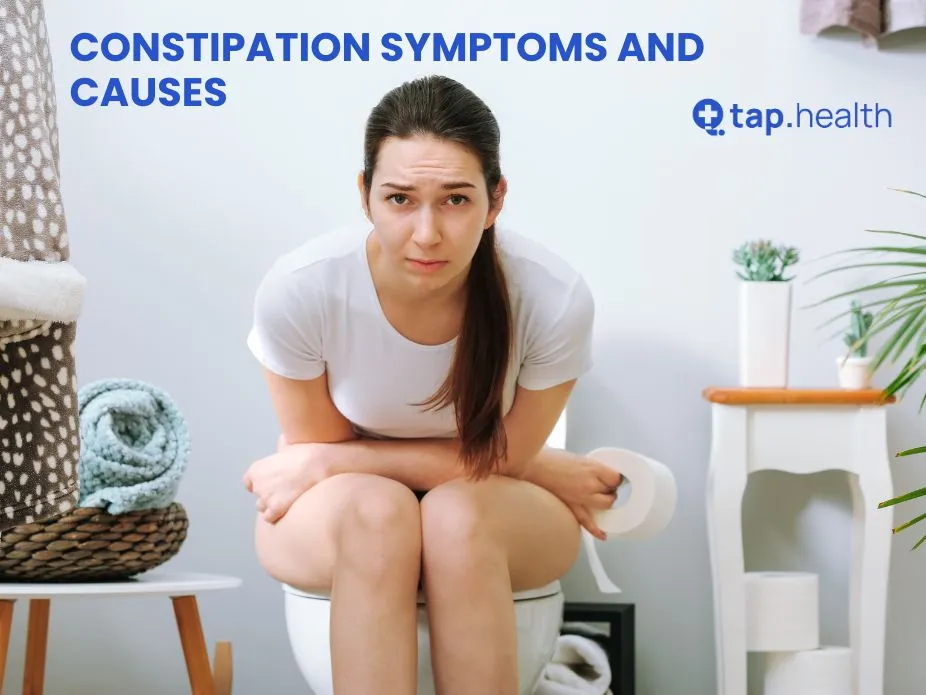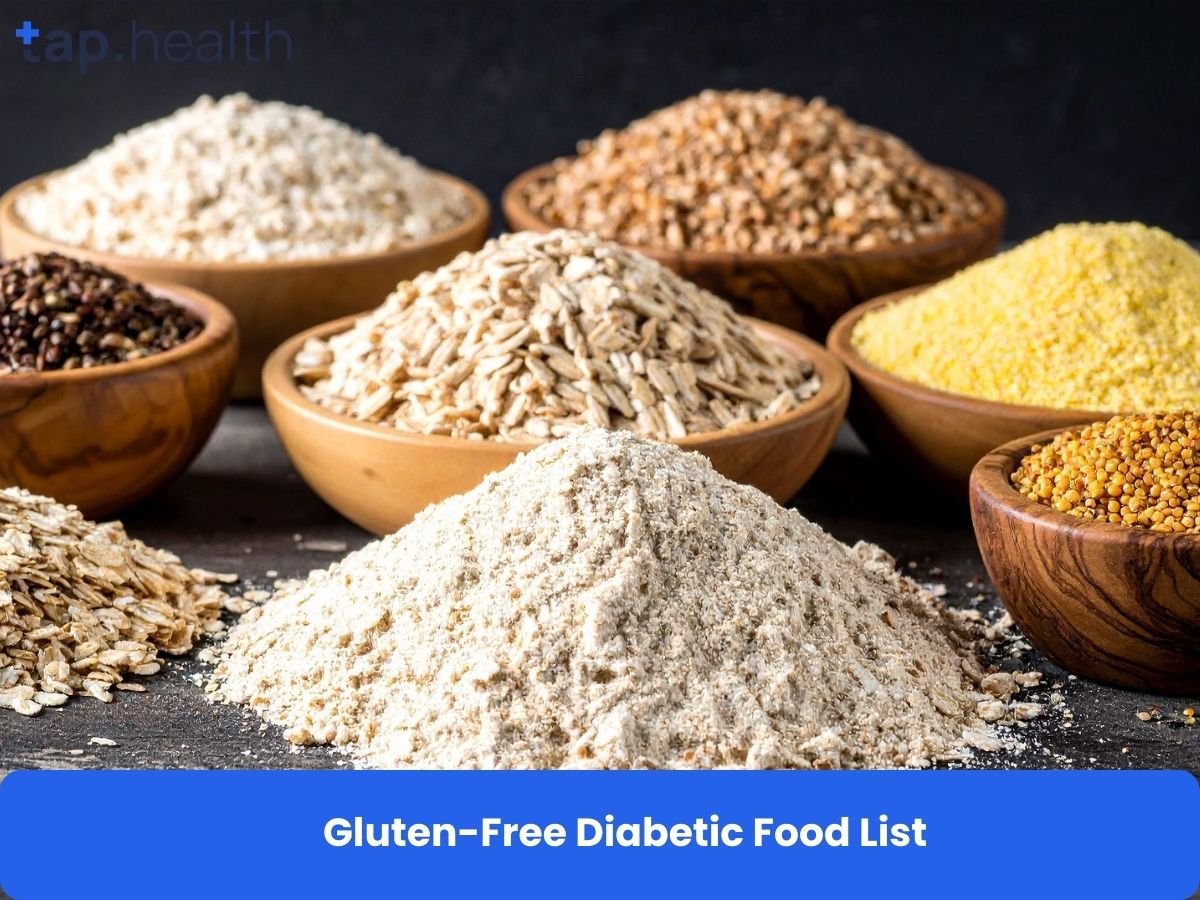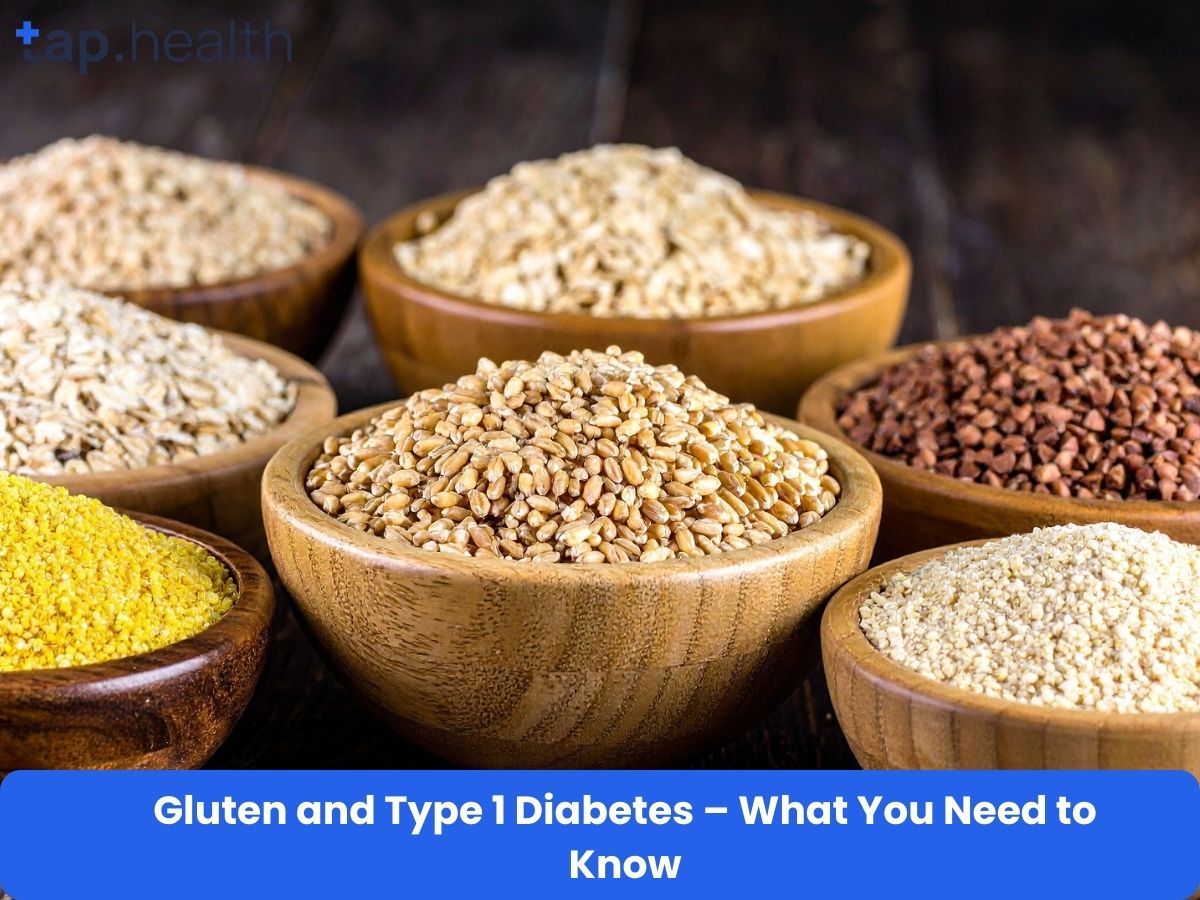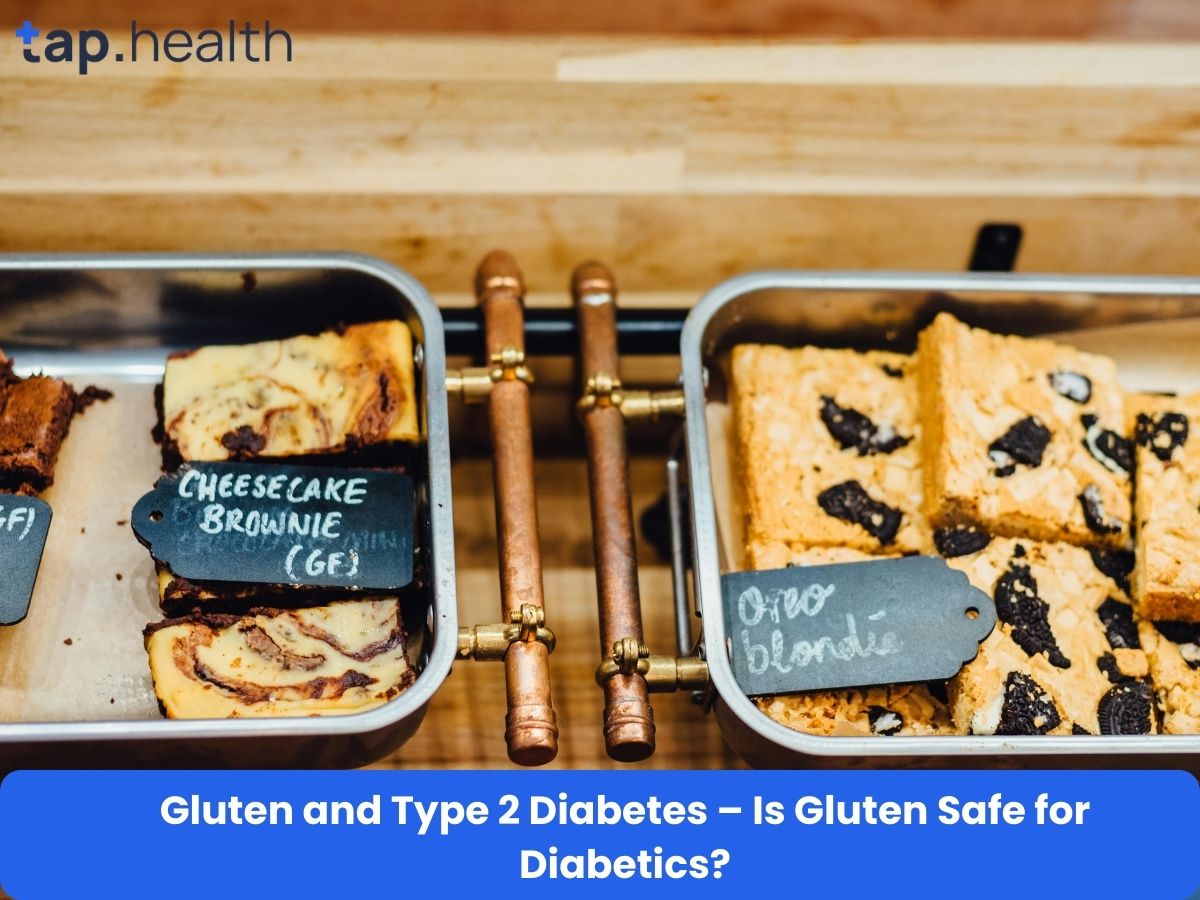What is constipation?
Constipation is a common digestive problem that can make it difficult to have a bowel movement. It usually means stools are hard, dry, and difficult to pass. Sometimes, constipation can also mean having fewer than three bowel movements a week. It can be uncomfortable and even painful, but it is typically not serious.
How common is constipation?
Constipation is prevalent and affects people of all ages. It is prevalent in women, older adults, and during pregnancy. Studies show that about 16% of adults and 33% of adults over 60 experience constipation. Children can also experience constipation, often due to changes in diet or routine.
Also Read: 10 Best Asanas to Relieve Constipation
What are the symptoms of constipation?
The symptoms of constipation can vary from person to person, but common signs include:
1. Infrequent bowel movements: Having fewer than three bowel movements a week.
2. Hard or lumpy stools: Stools are dry and hard, making them difficult to pass.
3. Straining: Feeling the need to strain excessively during a bowel movement.
4. Feeling of incomplete evacuation: A sensation that you haven’t completely emptied your bowels.
5. Abdominal discomfort: Pain or discomfort in the stomach area.
6. Bloating: Feeling full or bloated in your abdomen.
7. Loss of appetite: Not feeling hungry due to the discomfort.
If you experience these symptoms, it may be a sign that you are constipated.
Also Read: High Fiber Foods Chart for Constipation: Foods to Eat and Avoid
What Causes Constipation?
Several factors can lead to constipation, including:
1. Diet: Not eating enough fiber-rich foods like fruits, vegetables, and whole grains. Too much dairy or processed foods can also cause constipation.
2. Lack of physical activity: Not enough exercise can slow the digestive system.
3. Dehydration: Not drinking enough water can make stools hard and difficult to pass.
4. Medications: Some medications, such as painkillers, antidepressants, and iron supplements, can cause constipation.
5. Medical conditions: Conditions like irritable bowel syndrome (IBS), diabetes, and thyroid disorders can affect bowel movements.
6. Ignoring the urge to go: Ignoring the urge to have a bowel movement can lead to constipation.
7. Changes in routine: Travel, stress, or changes in your daily routine can disrupt normal bowel function.
Can constipation cause internal damage or lead to other health problems?
In most cases, constipation does not cause serious health problems. However, chronic constipation can lead to complications such as:
1. Hemorrhoids: Swollen veins in the rectum caused by straining during bowel movements.
2. Anal fissures: Small tears in the skin around the anus from passing hard stools.
3. Fecal impaction: A large mass of hard stool that gets stuck in the rectum and cannot be passed.
4. Rectal prolapse: A condition where the rectum protrudes through the anus due to straining.
These complications can be painful and may require medical treatment, so it is important to address constipation early.
When to see a doctor?
You should see a doctor if you experience:
- Severe pain: Intense abdominal pain or cramping.
- Bloody stools: Blood in your stool or on toilet paper.
- Unexplained weight loss: Losing weight without trying.
- Persistent symptoms: Constipation lasting more than three weeks.
- Vomiting: Frequent or severe vomiting along with constipation.
These symptoms could indicate a more serious condition that needs medical attention.
Risk factors
Certain factors can increase your risk of developing constipation, including:
- Age: Older adults are more likely to experience constipation.
- Gender: Women are more prone to constipation, especially during pregnancy or after childbirth.
- Low-fiber diet: Diets low in fiber can lead to constipation.
- Lack of exercise: Physical inactivity can slow down the digestive system.
- Dehydration: Not drinking enough fluids can cause hard stools.
- Medications: Some medications can increase the risk of constipation.
Natural Remedies for Constipation
If you’re looking for natural ways to relieve constipation, here are some effective remedies:
- Increase fiber intake: Eat more fruits, vegetables, whole grains, and legumes. Fiber adds bulk to the stool and helps it pass more easily.
- Drink plenty of water: Staying hydrated softens the stool and promotes regular bowel movements.
- Exercise regularly: Physical activity stimulates the muscles in your intestines, helping to move stool through your digestive system.
- Establish a routine: Try to go to the bathroom at the same time each day, especially after meals.
- Don’t ignore the urge: When you feel the need to have a bowel movement, don’t wait.
- Try natural laxatives: Foods like prunes, figs, and flaxseeds can help stimulate bowel movements.
- Consider probiotics: Probiotics are beneficial bacteria that can improve gut health and help regulate bowel movements.
Constipation can be uncomfortable, but with the right approach, it can usually be managed and relieved. If natural remedies don’t help, or if you have any concerns, don’t hesitate to seek medical advice. Your health and comfort are important, and addressing constipation early can prevent more serious problems down the road.



